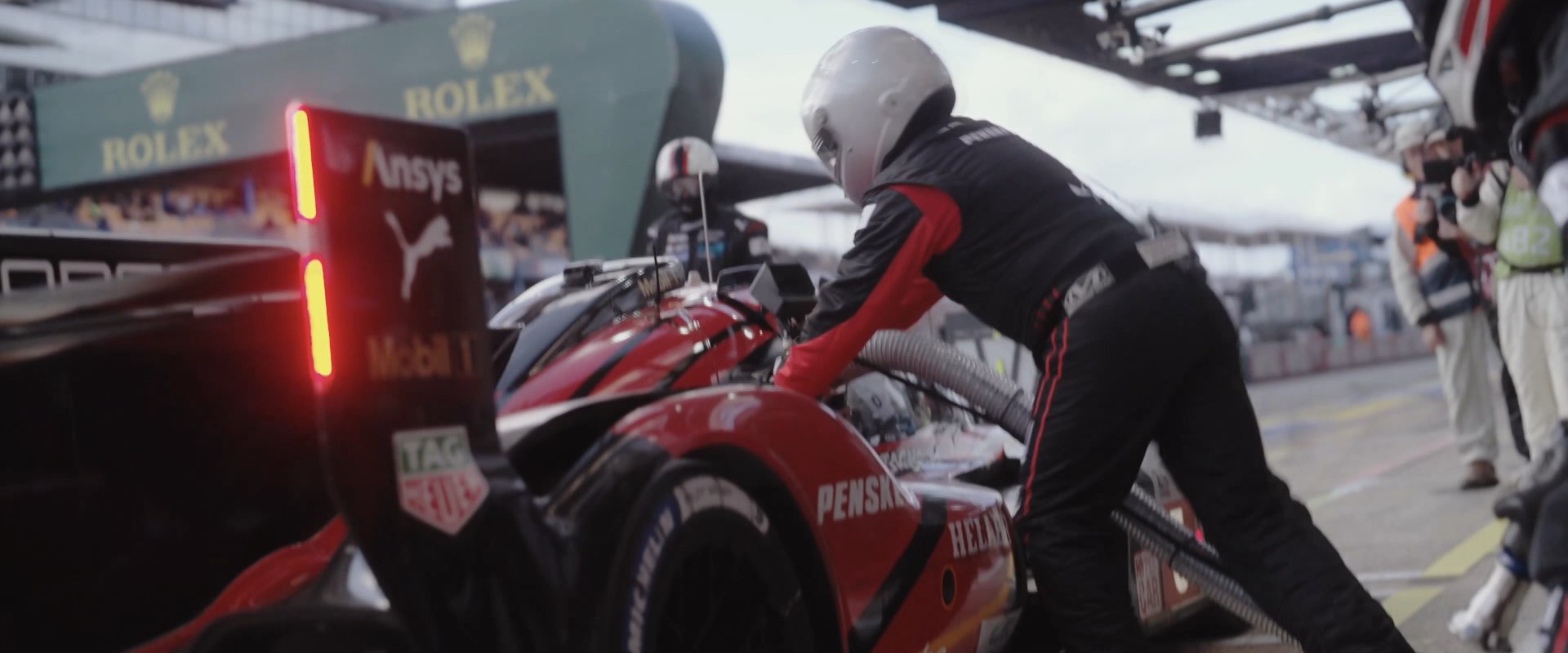Sustainable Endurance at Le Mans
The race to the checkered flag at the 24 Hours of Le Mans is one of the most difficult challenges in all of motorsports. The incredible merging of skill, effort, engineering, weather and luck needed to succeed there, is mind-boggling. But now, in a world ever-mindful of environmental impacts, these racers now face another enormous challenge.
Every year in the month of June, the small town of Le Mans, France transforms into a motorsports mecca. For the 2024 edition, more than 239,000 race fans converged from all over the world, eager to cheer on their favorite teams. They stood 10-deep to watch the drivers parade through town. They flooded merchandise shops, clogged the fan zones and paddocks, filled the grandstands to capacity, and camped out to claim prime viewing spots along the 8-mile public road circuit. Through sun and rain and dark of night, this iconic 24-hour race is filled with high-speed drama, tragedy, strategy, and adrenaline. The sheer spectacle of it all is mesmerizing.
Le Mans is the ultimate durability test for driver and machine, as both must perform at their best for an entire trip around the clock. But in the light of worldwide concern for the environment, that same clock is ticking for motorsports to clean up its act.

Many outsiders view racing as a waste of resources, a frivolous pursuit of ego at the expense of eco. The old adage “win on Sunday, sell on Monday” still holds true, but the extreme conditions of competition have always served as a testing ground and accelerator for technological development, and that now includes sustainability. More than ever, that’s what drives car sales.
In fact, wide-sweeping changes are taking place in all forms of motorsport. Race organizers here and around the world have set a goal of achieving carbon neutrality by 2030, with the aim of reducing race-related emissions by 30%. The World Endurance challenge series, which includes the 24 Hours of Le Mans, now runs on 100% renewable fuel. Known as Excellium Racing 100, this biofuel is derived from grape residue. Leave it to the French to run race cars on wine!
Michelin has developed a tire composed of 71% biosourced materials, currently being tested on prototype race cars. The FIA sanctioning body issues three levels of sustainability accreditation, as a way for teams, suppliers and race venues to measure and enhance their environmental commitments. The sustainable endurance award was created in 2021 to encourage positive innovation, social engagement and low carbon impact. Since 2023, all teams racing in the 24 Hours of Le Mans are required to compete for this trophy.
Penske Porsche Racing won that honor in 2023 with their racing for charity initiative, and was again challenging in 2024, donating 750 euros for each lap completed to provide medical procedures for disadvantaged children.
The fully-electric Formula E series is maturing into a competitive and viable platform, and now even NASCAR is exploring an EV racer class. 2025 will see the debut of Extreme H, the world’s first hydrogen-fueled race series. Meanwhile, Toyota and others have announced plans to compete with hydrogen-powered cars at Le Mans as early as 2027.
And fans can get in on the green act too, earning 10% off ticket prices and other incentives by taking mass transit, bicycles or low-emission cars to the Le Mans circuit. All of these efforts will have a positive environmental impact, while ensuring the thrill of clean competition will endure for years to come.








